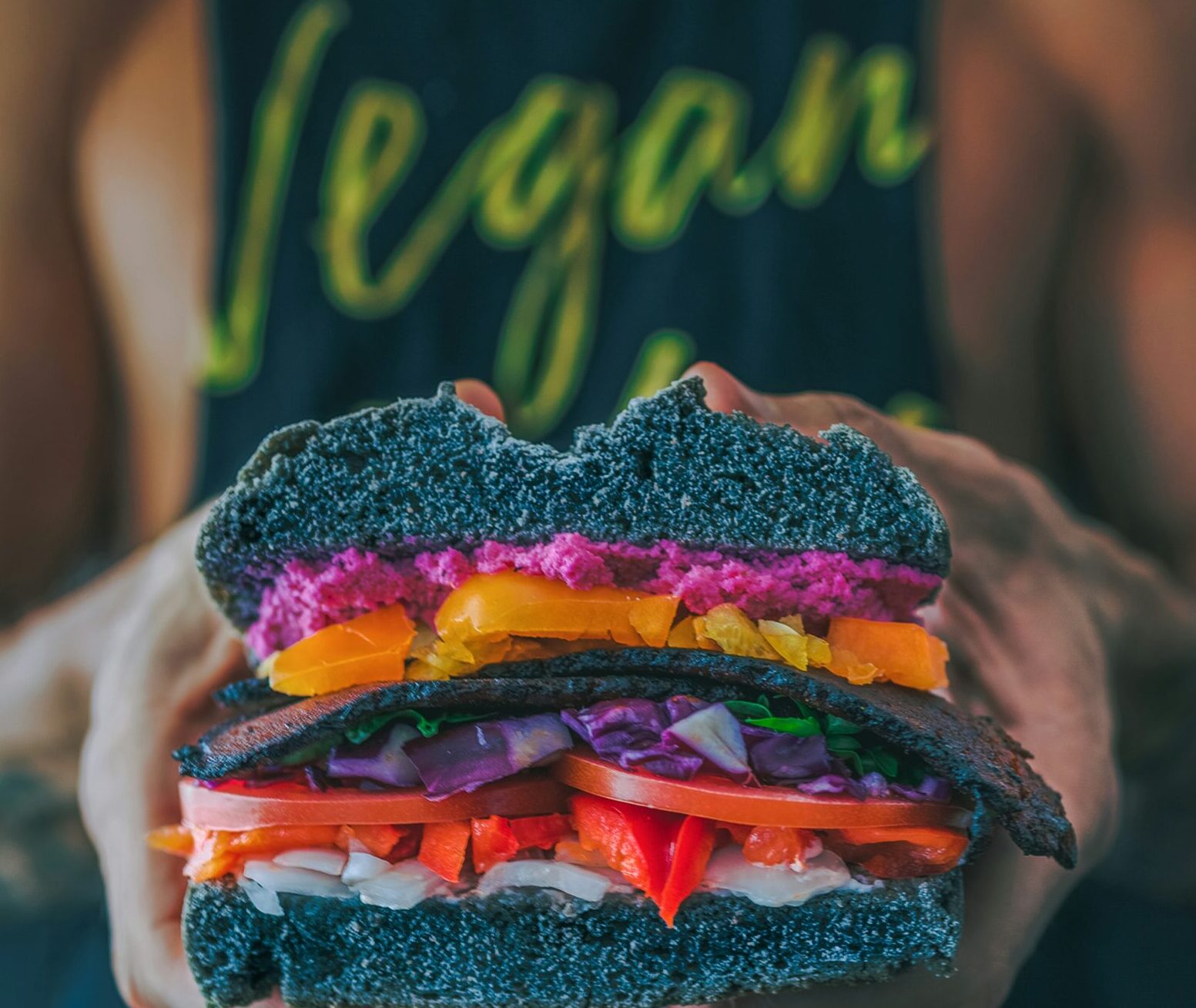
Media release:
Australia's peak health body, the NH&MRC, has finally recognised that a vegan diet is a viable option for all Australians. Australia's top health experts are now in agreement with those in the USA and Canada that well-planned vegan diets are healthy, nutritionally adequate and are appropriate for all stages of the lifecycle.
In the newly-released Australian Dietary Guidelines, plant-derived foods are given as alternatives to animal-derived foods, with meal planning advice accommodating vegan eating. In fact, the Guidelines state that alternatives to animal foods (such as nuts, seeds, legumes, beans and tofu) can, for all Australians, "increase dietary variety and can provide a valuable, affordable source of protein and other nutrients found in meats."
Vegan Australia is pleased that government health experts are finally taking on board the large body of scientific evidence that a vegan diet is not only a viable option for people of any age (including babies and pregnant and breast feeding women) but that eating plant foods in favour of animal-derived foods can confer many health benefits, such as reduction in incidence of obesity, diabetes, high blood pressure, high cholesterol and some types of cancer.
"This has been a long process and I am very happy that the National Health and Medical Research Council (NH&MRC) has looked at all the evidence and at last presented Australians with the real option of choosing a vegan diet." said Greg McFarlane, Director of Vegan Australia. "Along with many others, Vegan Australia has been urging the NH&MRC to bring its guidelines into line with similar bodies in the USA and Canada. Last year, Vegan Australia wrote two submissions urging them to reexamine the evidence. I am glad they have finally seen the light", he said.
Amanda Benham, Food Industry and Consumer Campaign Manager of Vegan Australia and an Accredited Practising Dietitian, said "This is fantastic news for all Australians who are interested in eating in a cruelty-free, healthy and eco-friendly way. The Guidelines and the new Australian Guide to Healthy Eating not only endorse a vegan eating pattern, but provide valuable information on how to plan healthy vegan eating patterns for people of any age or stage of life."
The official Australian Guide to Healthy Eating will be a great resource to show to anyone who claims we need to eat meat to be healthy. And children in primary school should no longer be told that meat and dairy are essential foods.
For babies, the guidelines include cereal and/or pureed tofu or legumes as suggestions for feeding from around six months. The Educator Guide gives alternatives for meat and dairy and specifies serving sizes for every age group. Nowhere does it say that babies or children can not or should not be fed a vegan diet.
These newly released guidelines follow up on the 2012 review published in the Medical Journal of Australia, A plant-based diet - good for us and for the planet, which also states that a vegan diet is suitable for any stage of life. The only nutrient which the review recommends be taken as a supplement is vitamin B12 (see our article What every vegan should know about vitamin B12). The 2012 review and the new guidelines are important as acknowledgements by the Australian medical establishment that well-planned vegan diets are safe and healthy for all age groups.
To download the full Australian Dietary Guidelines as a pdf document, go to the Australian Dietary Guidelines and then click on the link: "Australian Dietary Guidelines - providing the scientific evidence for healthier Australian diets (2013)". To download the summary guidelines, click on the link "Australian Dietary Guidelines - Summary". Other guides, such as for feeding babies, children, and during pregnancy are also available from the same page.
This quote from page 35 of the full guidelines summarises their position on vegan diets:
"Appropriately planned vegetarian diets, including total vegetarian or vegan diets, are healthy and nutritionally adequate. Well-planned vegetarian diets are appropriate for individuals during all stages of the lifecycle. Those following a strict vegetarian or vegan diet can meet nutrient requirements as long as energy needs are met and an appropriate variety of plant foods are eaten throughout the day. Those following a vegan diet should choose foods to ensure adequate intake of iron and zinc and to optimise the absorption and bioavailability of iron, zinc and calcium. Supplementation of vitamin B12 may be required for people with strict vegan dietary patterns."
In addition, the guidelines give vegan suggestions for each of the food groups.

Unsubscribe at any time. Your details are safe, refer to our privacy policy.
© Vegan Australia | Registered as a non-profit charity by the ACNC | ABN 21 169 219 854
Notifications